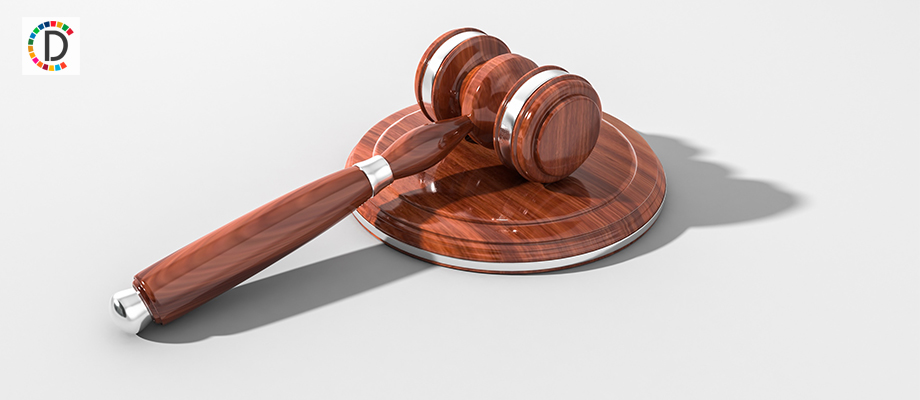Western allies fine-tune security assurances for Ukraine as NATO meets
Britain, France, Germany and the United States, known as the Quad, have been negotiating with Kyiv for weeks over a multilateral text that would create a broad framework for member states that want to provide, or keep providing, military aid including advanced weapons, as well as financial assistance. The European Union, which would pursue its financing of weapons support through its Peace Facility, and Group of Seven (G7) powers including Japan, have also been privy to the discussions.

Ukraine's largest Western allies are still finalising a joint framework that would pave the way for long-term security assurances for Kyiv, and may wait until the end of a NATO summit this week to announce them, European diplomats say. The 31-member NATO alliance meets in Lithuania on Tuesday, aiming above all to give Ukraine some kind of path to membership, but still divided over how far to go.
Ukraine knows it will not get entry into the alliance while the war with Russia continues, given that NATO's Article 5 - which says that an attack on one member is an attack on all -could push the alliance into war with Russia. But it wants a firm commitment at the summit that it will be invited to join after the war. In the meantime, it has sought assurances of current and long-term security commitments to help it defend itself now and deter renewed aggression from Moscow once the war ends.
NATO has assiduously abstained from giving military assistance to Ukraine as an organisation, to avoid entering a direct conflict with Russia, and is keen to continue leaving that to member states and others. Britain, France, Germany and the United States, known as the Quad, have been negotiating with Kyiv for weeks over a multilateral text that would create a broad framework for member states that want to provide, or keep providing, military aid including advanced weapons, as well as financial assistance.
The European Union, which would pursue its financing of weapons support through its Peace Facility, and Group of Seven (G7) powers including Japan, have also been privy to the discussions. The multilateral framework makes it easier for countries to conclude detailed individual arrangements with Ukraine.
"The Americans do not want to mix discussions on NATO prospects with guarantees, so the guarantees may only be agreed after summit," said one European diplomat. A second Quad diplomat also said it was heading in that direction. A French presidency official told reporters on Friday that the discussions were "very advanced". Two other diplomats said the hope was to complete them by the end of the summit.
A senior German official told reporters that there would be an agreement at the level of the G7, which comprises the United States, Germany, Japan, France, Canada, Italy and Britain, as well as the European Union. U.S. President Joe Biden, who is en route to Lithuania, told CNN on Sunday that Washington was ready to provide security to Ukraine in the mould of what it provides to Israel: "the weaponry they need, the capacity to defend themselves".
The United States' military aid for Israel is worth about $3.5 billion a year, but the relationship also entails a great deal of political support. "The possible difference with Ukraine is that the American support is results-driven," said an Israeli official.
"With Ukraine, the Americans will ask themselves 'What did we get for $100 bln' and whether this is sustainable in the long-term as this conflict may not end, may just stay frozen." Speaking at a news conference in Berlin, German Chancellor Olaf Scholz said on Monday that the United States' suggestion of Israel-style security guarantees for Ukraine was one of several options being discussed but that the talks were not close to being resolved.
"The proposal made by the U.S. president is not a brand new one, but it plays a major role and gives somewhat of an indication of what they could be. But the discussion is far from over," he said. (Additional reporting by Andrew Gray, Sabine Siebold and Alexander Ratz in Berlin; Editing by Hugh Lawson)
(This story has not been edited by Devdiscourse staff and is auto-generated from a syndicated feed.)
ALSO READ
U.S. Expands Sanctions on Semiconductor Sales to Russia
U.S. Expands Sanctions on Russian Goods: New Measures to Target Third-Party Sellers
Japan Dominates U.S. in Olympic Soccer Warmup
Jon Rahm Withdraws from U.S. Open Due to Foot Infection
Global Markets Brace for U.S. Inflation Data and Fed's Economic Projections










